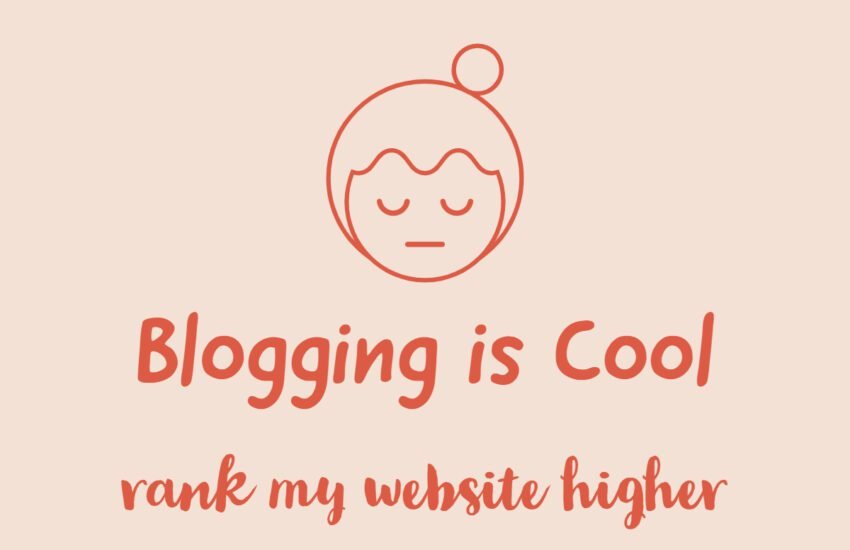Adsense or Affiliate Links: Choosing the Best Monetization Strategy for Your Blog
Monetizing your blog is an important step towards turning your passion for writing into a sustainable income. Two popular methods of blog monetization are Adsense and affiliate marketing. While both strategies have their own merits, it is essential to understand their differences and choose the one that aligns best with your blog’s goals and target audience.
Understanding Adsense
Adsense is an advertising program run by Google that allows website owners to display ads on their web pages. These ads are automatically generated based on the content of the webpage and the user’s browsing history. As a blog owner, you earn revenue when visitors click on these ads or when they view them (impressions).
One of the key advantages of Adsense is its simplicity. It is easy to set up and requires minimal maintenance. Google takes care of finding relevant ads and optimizing their placement on your blog. Additionally, Adsense offers a wide range of ad formats, allowing you to choose the ones that best fit your blog’s design and layout.
However, Adsense does have its limitations. The revenue generated from Adsense depends on the number of clicks and impressions, which can vary greatly depending on your blog’s traffic and niche. Moreover, the ads displayed on your blog may not always be relevant or appealing to your audience, potentially impacting user experience and engagement.
Exploring Affiliate Marketing
Affiliate marketing involves promoting products or services on your blog and earning a commission for every sale or action generated through your referral. Unlike Adsense, affiliate marketing requires a more proactive approach as you need to identify suitable affiliate programs, create engaging content, and strategically promote your affiliate links.
One of the main advantages of affiliate marketing is the potential for higher earnings. By recommending products or services that align with your audience’s interests and needs, you can earn a significant commission for each successful referral. Additionally, affiliate marketing allows you to build trust and credibility with your audience by providing valuable recommendations and insights.
However, it’s important to note that affiliate marketing requires time and effort to be successful. Building a loyal audience, creating high-quality content, and establishing relationships with affiliate partners takes time. Additionally, the revenue generated from affiliate marketing may be more inconsistent compared to Adsense, as it relies on the number of successful referrals.
Choosing the Right Strategy for Your Blog
When deciding between Adsense and affiliate marketing, it is crucial to consider your blog’s niche, target audience, and long-term goals.
If your blog covers a broad range of topics and has a high volume of traffic, Adsense may be a suitable option. The automated nature of Adsense allows you to focus on creating content while Google handles the ad placements. However, if your blog has a specific niche and a dedicated audience, affiliate marketing may offer higher earning potential and a more personalized approach.
It’s also worth considering the user experience on your blog. Adsense ads can sometimes be intrusive and disrupt the flow of your content. On the other hand, affiliate links can be seamlessly integrated into your blog posts, providing a more organic and user-friendly experience.
Ultimately, the best monetization strategy for your blog depends on your goals, audience, and personal preferences. Some bloggers even choose to combine both Adsense and affiliate marketing to diversify their income streams. Experimentation and tracking your results will help you determine the most effective strategy for your blog.
Conclusion
Both Adsense and affiliate marketing offer viable options for monetizing your blog. Adsense provides a simple and automated way to earn revenue through ad clicks and impressions, while affiliate marketing allows you to earn commissions by promoting relevant products and services. Consider your blog’s niche, target audience, and long-term goals when deciding which strategy to pursue. Remember, there is no one-size-fits-all approach, and it may be beneficial to experiment with different monetization strategies to find what works best for your blog.

